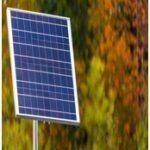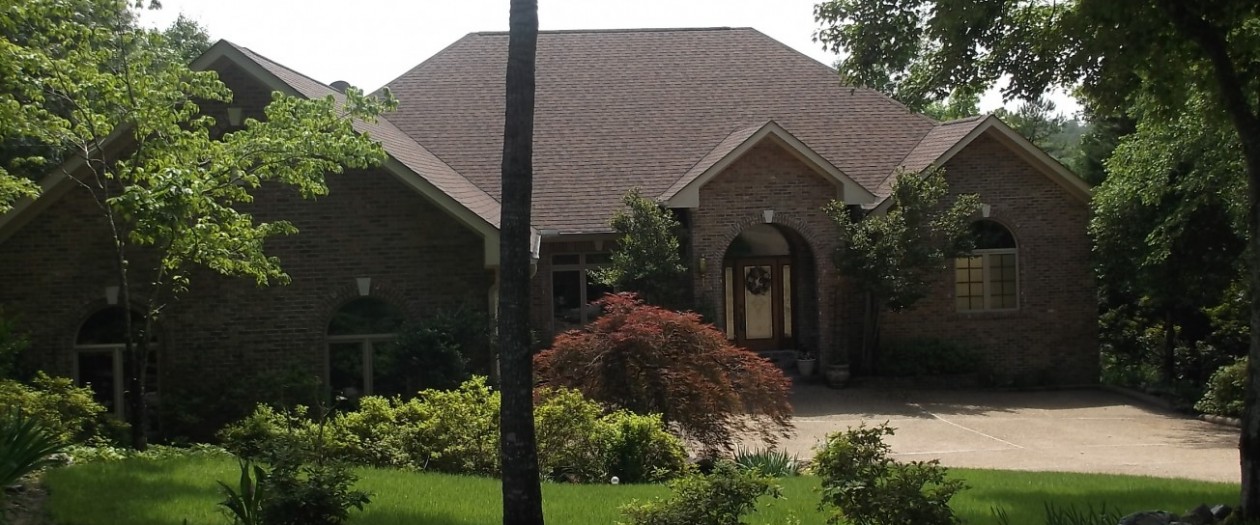When buying a home with solar panels, it’s crucial to understand the financial implications. Let’s explore a scenario where a home has a market value of $160,000 and how a solar panel system can impact the property’s value.
 Cost and Appreciation of the Home. In this scenario, the home is initially valued at $160,000. Over 15 years, it appreciates to $249,000. This appreciation represents a substantial increase in the home’s value, providing a solid return on investment for the homeowner.
Cost and Appreciation of the Home. In this scenario, the home is initially valued at $160,000. Over 15 years, it appreciates to $249,000. This appreciation represents a substantial increase in the home’s value, providing a solid return on investment for the homeowner.
The 8600 watt solar panel system is also included in the sale but at an additional cost. This presents a more complex financial picture when purchasing a home. While it offers significant energy savings, the overall cost of the system impacts the bottom line. With a total financing cost of $43,500 over 15 years and estimated energy output potential of $24,500, the cost of the panels result in a net loss of approximately- $19,000.
Valuating the Net Financial Position
To understand the complete financial picture, we combine the appreciation of the home with the net loss from the solar panels:
- Appreciation of the Home: The home’s value increases from $160,000 to $249,000, a gain of $89,000.
- Net Loss from Solar Panels: The solar panel system results in a net loss of $-19,000 over 15 years.
- Total Gain: Subtracting the net loss from the appreciation of the home during that time, the homeowner’s total gain amounts to $70,000.
Is It Worth It?
This example illustrates that while the solar panel system incurs a net loss, the overall appreciation of the home significantly outweighs this loss, resulting in a substantial net gain. When considering whether it’s worth paying extra for a home with solar panels, factors such as long-term energy savings, potential increases in home value, and financing costs, if getting a mortgage should be considered. 
In this scenario, the home’s appreciation far exceeds the net loss from the solar panels, making it a financially sound decision for the buyer. As energy costs continue to rise, the potential benefits of solar energy systems become even more compelling for savvy home owners.
Although the net savings cannot be added into the appraised value, the home owner can add the yearly energy savings to the net gain amount to provide a clearer picture of the overall financial benefit of the solar panel system.
Yearly Energy Savings: The solar panels save approximately $2,600 per year.
Total Energy Savings Over 15 Years: Total savings amount to $39,000 over 15 years.
Calculating the Net Gain with Energy Savings:
- Appreciation of the Home:
- The home’s value increases from $160,000 to $249,000, resulting in a gain of $89,000.
- Net Loss from Solar Panels:
- The total cost of the solar panels results in a net loss of $19,000.
- Total Energy Savings:
- Adding the $39,000 saved on energy bills over 15 years enhances the financial outcome.
- Overall Net Gain:
- Combining the home’s appreciation, the solar panel loss, and the energy savings:
- Net Gain: $89,000 (appreciation) – $19,000 (solar panel loss) + $39,000 (energy savings) = 109,000
But would there be a positive net return and still be worth investing in Solar panel system in the short term if the cost of financing of my house were included?
Including the Cost of Financing in the Short Term
If purchasing a home with solar panels and financing for the $160,000 home is considered, the buyer generally pays a cash down payment of $32,000 and finances the balance of $128,000@5% for15 years = $96,000.
The total energy net gain is $109,000- $96,000 financing = $13,000 Net Gain, however if we also subtract the price of the Down Payment of $32,000 then there is a total net loss = -$19,000 which yields a negative return for a 15 year time period in this short term purchasing scenario.
The Long Term Net Position
However, over a 25-year period, with a home purchased for $160,000 and financed for $128,000 at a 5% interest rate, the financial outcome changes:
- Home Appreciation: The home appreciates to $334,880 over 25 years.
- Energy Savings: The solar panel system provides $65,000 in savings on energy bills over 25 years.
- Financing Costs: The total interest paid on the mortgage amount is $160,000.
- Net Loss from Solar Panels: There is a -$19,000 net loss from the solar panel system.
- Down Payment: An initial down payment of $32,000 is made.
Taking all these factors into account, there is an overall net gain of $28,880! This means that, despite the costs associated with financing, the solar panel system, and the down payment, the appreciation of the home and the energy savings result in a positive financial outcome for the home buyer over the long term.
Despite the initial investment and depreciation, this particular solar panel system contributes positively to the homeowner’s financial position, making it a worthwhile consideration when considering adding a solar panel system to an existing home or purchasing a home with a solar panel system as a long term investment. Estimates will always vary according to each solar panel system and is different in terms of the cost, amount of panels as well as energy output and energy savings. To find the energy out put of your solar panel system, check out this Solar Panel Calculator.





![light shining through[1] Solar Rays](https://www.hotspringsappraisals.com/wp-content/uploads/2012/06/light-shining-through1-300x199.jpg)